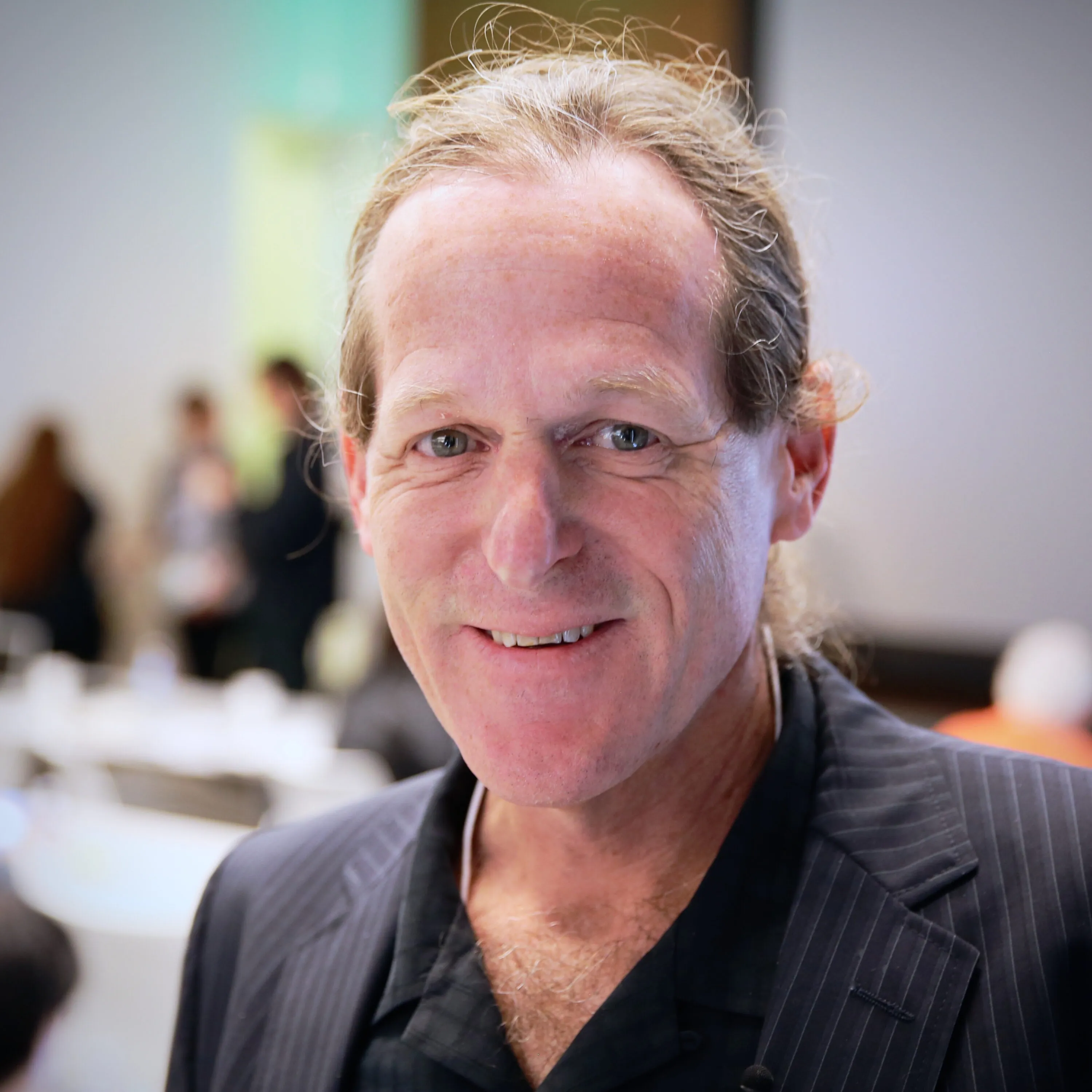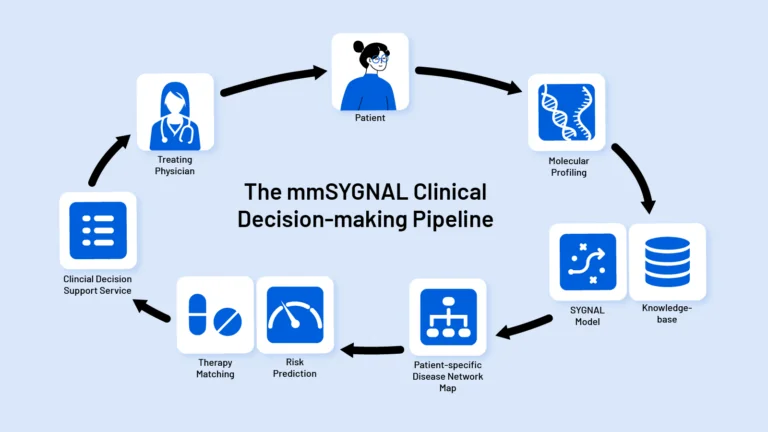Institute for Systems Biology Recruits Technology Pioneer James Heath as President
ISB has named James Heath, PhD, as its new president, effective January 2018. Heath is widely recognized as one of the world’s most accomplished scientists, working on fundamental problems at the interface of the chemical, physical, biological, and biomedical sciences, with focus areas of molecular biotechnologies and oncology.

FOR IMMEDIATE RELEASE
>> Renowned scientist, visionary leader from Caltech will join Seattle research community
SEATTLE, APRIL 3, 2017 – The Institute for Systems Biology has named James Heath, PhD, as its new president, effective January 2018. Heath is widely recognized as one of the world’s most accomplished scientists, working on fundamental problems at the interface of the chemical, physical, biological, and biomedical sciences, with focus areas of molecular biotechnologies and oncology.
ISB’s co-founder and president Lee Hood, MD, PhD, was appointed senior vice president and chief science officer at Providence St. Joseph Health in April 2016 when ISB and Providence affiliated. Dr. Hood will, in addition to his responsibilities at Providence, remain on ISB’s board of directors and continue to lead the 30-member Hood lab.

Dr. Heath is the Elizabeth W. Gilloon professor of chemistry at Caltech, and a professor of molecular and medical pharmacology and co-director of the Parker Institute for Cancer Immunotherapy at UCLA. He is director of the NanoSystems Biology Cancer Center funded by the National Cancer Institute. The Center, which is developing technologies that can help identify or deliver effective therapy combinations for both targeted inhibitors and cancer immunotherapies, is a collaboration between Caltech and the Geffen School of Medicine at UCLA, where Dr. Heath has had a translational lab. His recruitment to ISB was supported by a generous grant from the Cancer Research Endowment (CARE).
“I am extremely honored to assume the position of president of ISB,” said Dr. Heath. “It is also tremendously humbling to follow in Lee Hood’s footsteps. Lee is a giant of science, and he has changed the face of modern biology. Through scholarship, innovation, and an outstanding faculty, he has also built ISB into the world leader of systems biology. Almost every university now has a program in systems biology, but this was a field Lee started through ISB. Luckily, Lee has no thoughts of retiring! The partnership with Providence St. Joseph Health provides an exciting new set of biomedical opportunities and challenges for ISB, and I can’t wait to begin working with ISB faculty to help build an ISB for the future.”
Dr. Heath has successfully commercialized his discoveries and inventions, founding or co-founding six companies. He has published more than 260 scientific papers, holds more than 40 patents, and was named by Forbes in 2009 as one of the top 7 innovators in the world. His awards include the Feynman Prize, the Sackler Prize in the Physical Sciences, the Spiers Medal from the Royal Society, and the Irving Weinstein Prize from the American Association of Cancer Researchers.
As president, Dr. Heath will set the direction for ISB’s research and education programs, provide strategic and operational leadership, and direct ISB’s efforts in commercializing discoveries, and launching spin out companies.
“In recruiting Jim Heath for this position, we knew that he would be an exceptional choice in furthering ISB’s quest to invent the future of biology and medicine,” said Dr. Hood. “Jim is a visionary leader and he has been enormously effective in focusing his mastery in chemistry and engineering to the technological challenges of cancer. He has been one of ISB’s most significant collaborators and is a pioneer in developing some of the most innovative tools and technologies that are establishing the foundation of scientific wellness.”
Dr. Heath will work closely with Dr. Hood and Providence St. Joseph Health to establish rapid approaches toward translating basic concepts into scientific demonstrations, and then into quantitative tools to be applied to patient health and clinical trials. “Providence established an affiliation with ISB in 2016 so that we could launch exciting new translational research initiatives that will accelerate our ability to bring scientific wellness to patients,” said Amy Compton-Phillips, MD, executive vice-president and chief clinical officer for Providence St. Joseph Health and a member of the ISB board of directors. “We could not have found a more perfect fit than Jim Heath for this critical position at ISB.”
“As founder and chief visionary of ISB, Lee Hood has been a global leader on the frontiers of the revolution taking place in medicine,” said Dave Sabey, chair of ISB’s board of directors. “We are delighted to find someone in Jim who can carry on Lee’s legacy, inspire the next generation of scientists at ISB, and add immense value to Seattle’s research community. We now have the dream team – Jim Heath, Lee Hood, Providence St. Joseph Health and ISB – to fulfill the promise of scientific wellness and bring about a transformation in healthcare.”
MEDIA CONTACT: Joe Myxter, Director of Communications, Institute for Systems Biology , (office) 206-732-2157
ABOUT INSTITUTE FOR SYSTEMS BIOLOGY
Institute for Systems Biology (ISB) is a collaborative and cross-disciplinary non-profit biomedical research organization based in Seattle. We focus on some of the most pressing issues in human health, including aging, brain health, cancer, COVID-19, sepsis, as well as many infectious diseases. Our science is translational, and we champion sound scientific research that results in real-world clinical impacts. ISB is an affiliate of Providence, one of the largest not-for-profit health care systems in the United States. Follow us online at www.isbscience.org, and on YouTube, Facebook, LinkedIn and Twitter.


